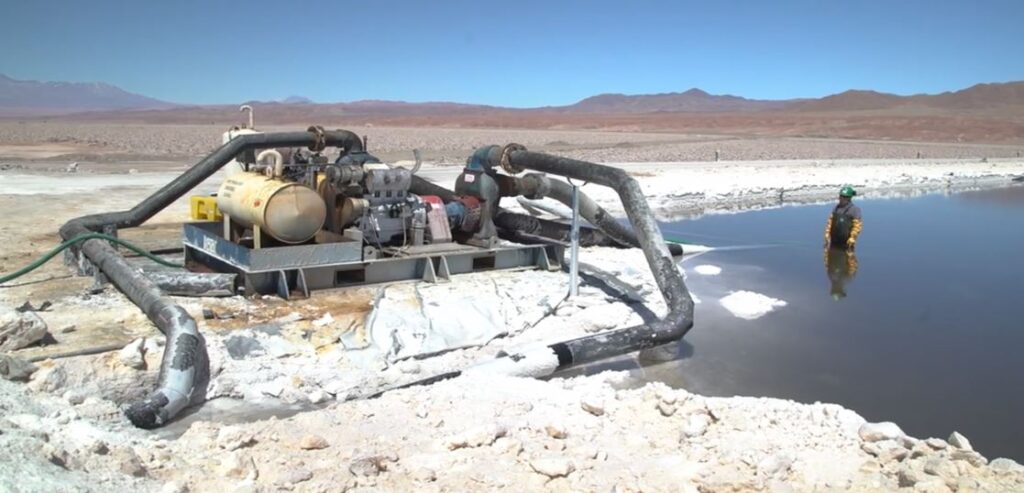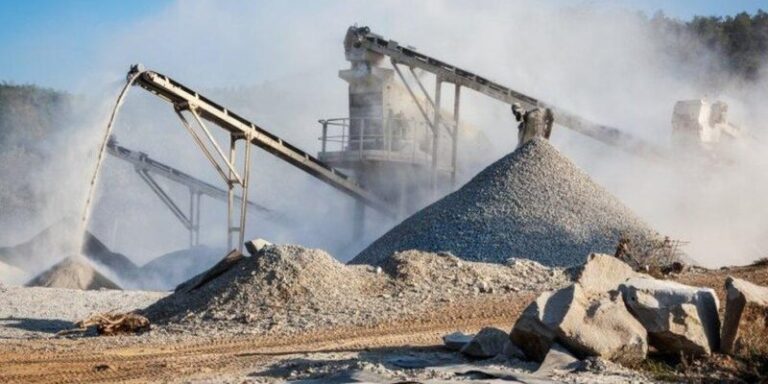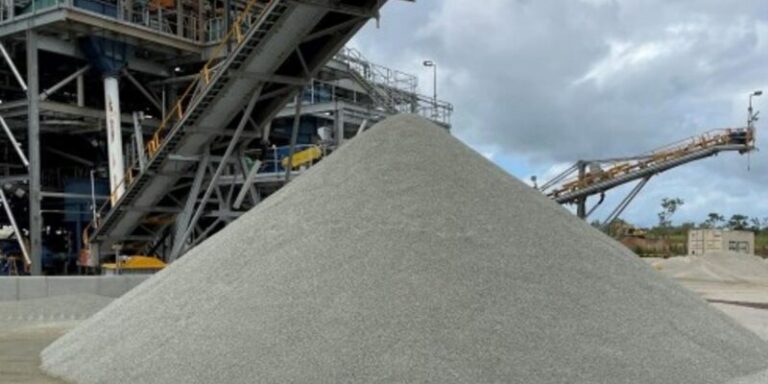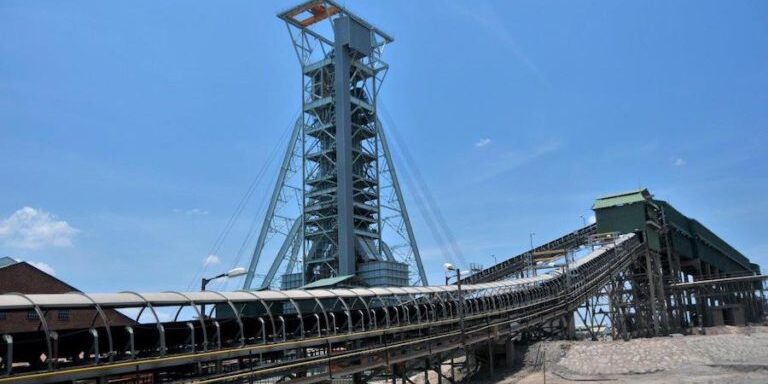
Africa holds 30-75% of the world’s reserves of lithium, phosphate, copper, chrome, manganese, gold, platinum, diamonds, and aluminum.
Some of these minerals, such as lithium, are essential for what is known as the energy transition, the shift from an economy based on gas and oil to one based on renewable sources. Zimbabwe possesses the largest lithium reserves in Africa, which are also the fifth-largest in the world.
In 2018, Zimbabwe and Namibia were among the top ten global lithium producers. Zimbabwe is expected to meet 20% of the global demand in the coming years.
The Bikita mine, in the Masvingo province in the southwest of the country, is the largest lithium mine in Zimbabwe, with approximately 11 million tonnes of this mineral.
In addition to these known reserves, there are those in the Democratic Republic of Congo, which could be the largest in the world, making the DRC one of the leading lithium suppliers globally.
The DRC’s primary lithium mines include Manono, which contains approximately 6,640,000 tonnes of lithium – as estimated in September 2022 – and the Gatumba-Gitarama mine.
Following that are Mali, with key mines like Goulamina (1,570,000 tonnes of lithium) and Bougouni (236,500 tonnes), as well as Nigeria, which holds some of Africa’s most promising lithium reserves. However, Nigerian production has so far halted at around 50 tonnes of this ore extracted in 2019.
The Race for Lithium
Chinese, American, Australian, Canadian, Indian, and European interests are vying for African lithium. Currently, Beijing leads the race, partly because China already controls 60% of mineral extraction and refining worldwide, especially for lithium, cobalt, nickel, and manganese.
Regarding lithium, Chinese presence is reinforced by the fact that three Chinese companies have acquired stakes in lithium mines in Zimbabwe, as part of Beijing’s policy to diversify the supply of this ore, especially now that China boasts the world’s largest electric vehicle market.
China is heavily involved in the mining sector in the DRC, particularly in cobalt and lithium production.
Chinese companies have launched lithium extraction and refining projects in the DRC and Zimbabwe. American, Australian, Canadian, Indian, and European companies are competing with Chinese presence in African lithium mines.
This situation could trigger further criticism from the West, accusing China of prioritizing its interests over African nations, aiming to generate African opposition to Beijing’s investments in the mining sector.
The focus is particularly on the potential environmental and social repercussions of the mining process, such as the displacement of local communities and environmental damage caused by mineral extraction and processing, which may involve land and water damage.
An 83% increase in lithium demand from battery producers is expected by 2027. This could be an extraordinary opportunity for African countries to strengthen the continent’s global economic position and improve their international standing.
SOURCE:copperbeltkatangamining.com





